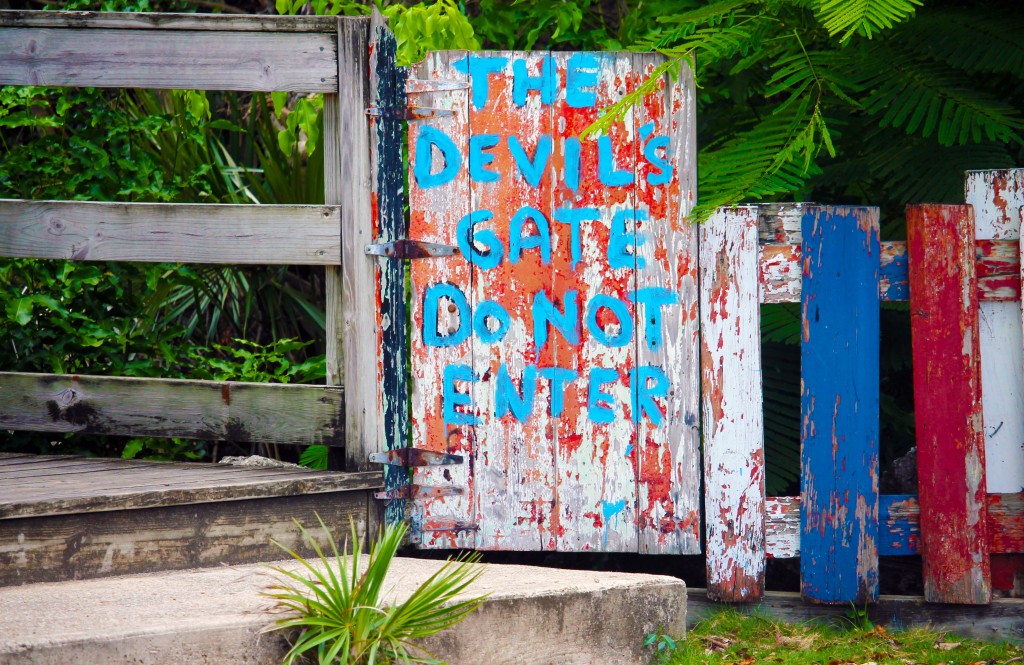Essay: Hades, Hell, and Hel: Know Your Grim Underworlds

Let’s talk about Hades, Hell, Tartarus, and the other words people throw around when talking about the dark side of the afterlife.
I see them used interchangeably sometimes, which got me to wondering if they really all meant the same thing.
Turns out they don’t.
Now when you talk about the torments of death and the afterlife, you can choose the right terminology and feel smart while nobody else notices.
*
Hades
I have to lead off with Hades because I love the god Hades. He’s got such a cool archetype.
I see the word “Hades” thrown around a lot when people are talking about the god of death, the personification of death, a dark and evil god, the place Ancient Greeks went when they died, and even Hell.
Hades was the Ancient Greek god of the Underworld. His realm was not Hell, since it wasn’t a place of unending torture. It was just the Underworld. Hades wasn’t the personification of death, the way we understand the Grim Reaper to be. He didn’t go around collecting souls, and he wasn’t even really a villain—despite his representations in Disney movies and that Clash of the Titans with Sam Worthington.
Hades was simply the god who ruled the Underworld. Someone had to keep order down there and stop dead souls from just clambering up to the living world whenever they felt like it.
But maybe instead of saying he wasn’t a villain, I should say he shouldn’t be perceived as one. Because a lot of people were afraid of him in Ancient Greece. Some didn’t even want to say his name, lest he take special notice of them. So there were a lot of people walking around referring obliquely to “He Who Shall Not Be Named” with pseudonyms and epithets like “Plouton” (The Giver of Wealth), “Aidoneaus,” “Clymenus” (Notorius), and “Polydegmon” (Who Receives Many).
In Christian theology, the word “hades” is sometimes used to refer to “the temporary abode of the unbeliever after death.”
So sometimes Hades is a place. But more commonly, it’s the god.
The Romans also used the names Dis, Tartarus, Pluton, and Orcus for Hades. I guess it’s possible that the Greeks sometimes called “Hades” by the name of “Tartarus,” but that doesn’t even really make sense for reasons you will read directly below.
*
Tartarus
This would be the part of the Underworld where Hades and his judges of the dead sent the bad people. And yes, it was full of torments and tortures. Tartarus was a very unpleasant place, and not simply your average everyday Underworld. It could be eternal for some truly damned souls, but it could also be like a prison sentence. The worst prison sentence in all of the world.
Before it evolved into Pre-Hell, it was a cosmic pit where the Titans, who had been overcome and vanquished by Zeus, were held. Tartaros was as far below the Underworld (Hades’s realm) as the earth was below the sky.
*
Thanatos
Here’s the Ancient Greek personification of non-violent death. So he would be like the Grim Reaper . . . if the Grim Reaper only showed up for people who didn’t die in battles or bar fights.
*
Hel
This is the Norse goddess of the underworld called Helheim, which (like Hades) was a neutral underworld. We don’t know if it was actually specific to heroes who died in battle or people who died peacefully. The word “Helheim” just means “hidden” and “unseen,” and before Snorri Sturluson came along with all his Viking fairy-taling, it wasn’t easy to distinguish the Vikings’ different afterlife worlds (Valhalla, Hel, Folkvangr, etc.).
*
Hell
You know this one. Don’t be bad, or you’ll go here. Yes, it most likely did get its name from the Norse Hel. There is some debate on that, but I’m sorry—I just have a hard time imagining that two different cultures came up with a concept of the underworld spelled and pronounced practically the same, without one influencing the other.
*
Sheol
This is the Jewish place where the dead gather. It’s like Hades’s Underworld in that it’s actually under the world, and it seems to have different “neighborhoods.” Then again, everyone who dies goes there—kings, killers, sinners, saints—they all wind up in Sheol, where “silence reigns supreme, and oblivion is the lot of them that enter therein.” Like many underworlds, it sounds like nobody in Sheol really knows what the fuck is going on in Sheol. It’s just a big disorderly mess of people who are sleeping or just kind of wandering around like zombies.
*
I know, there are many more terms for death, Hell, and grimness than I covered here. I didn’t cover Gehenna, for example. But humanity has a big imagination, and there’s a lot of unpleasant afterlife words to cover. I felt I had to just kind of pick a stopping point. Feel free to add more in the comments.
**
© Mythraeum 2016. The content of this article, except for quoted or linked source materials, is protected by copyright. Please contact me to request usage.
SUBSCRIBE